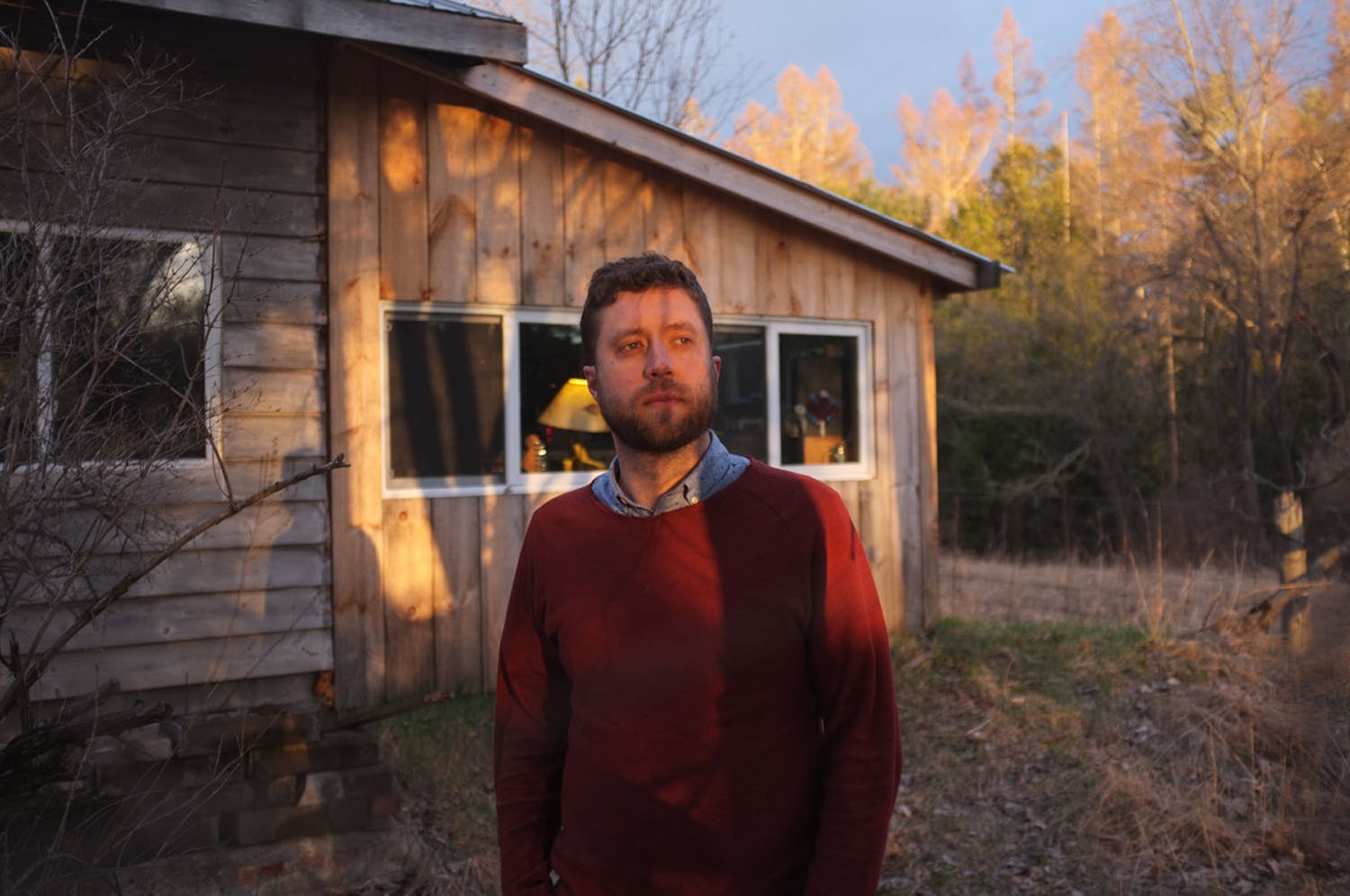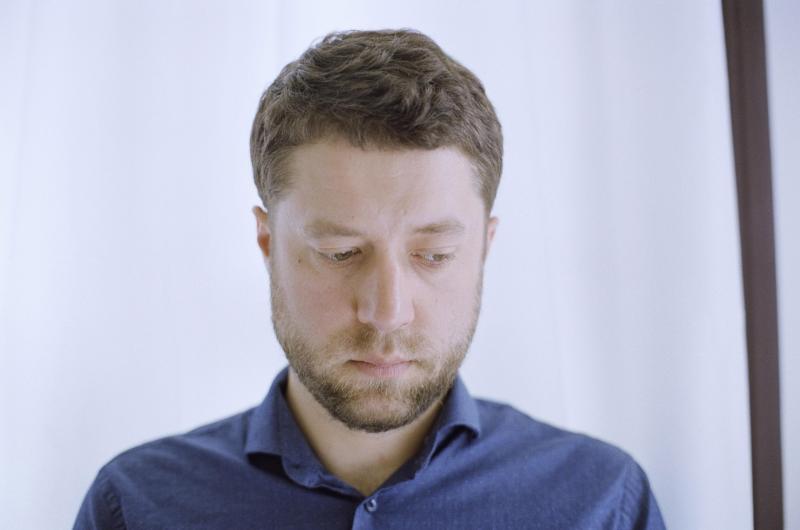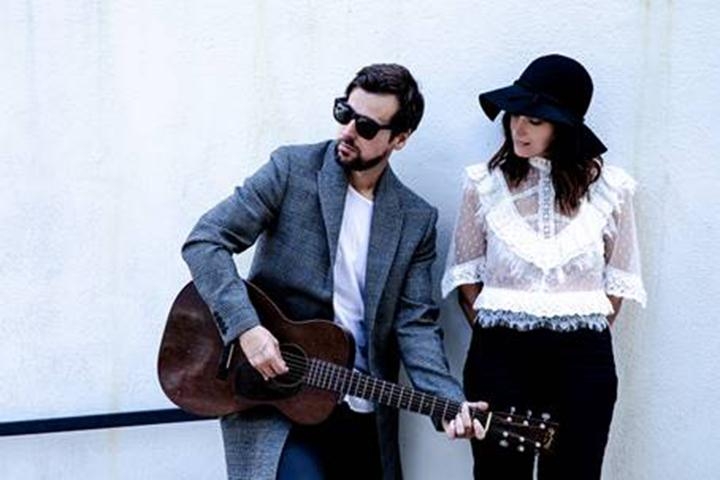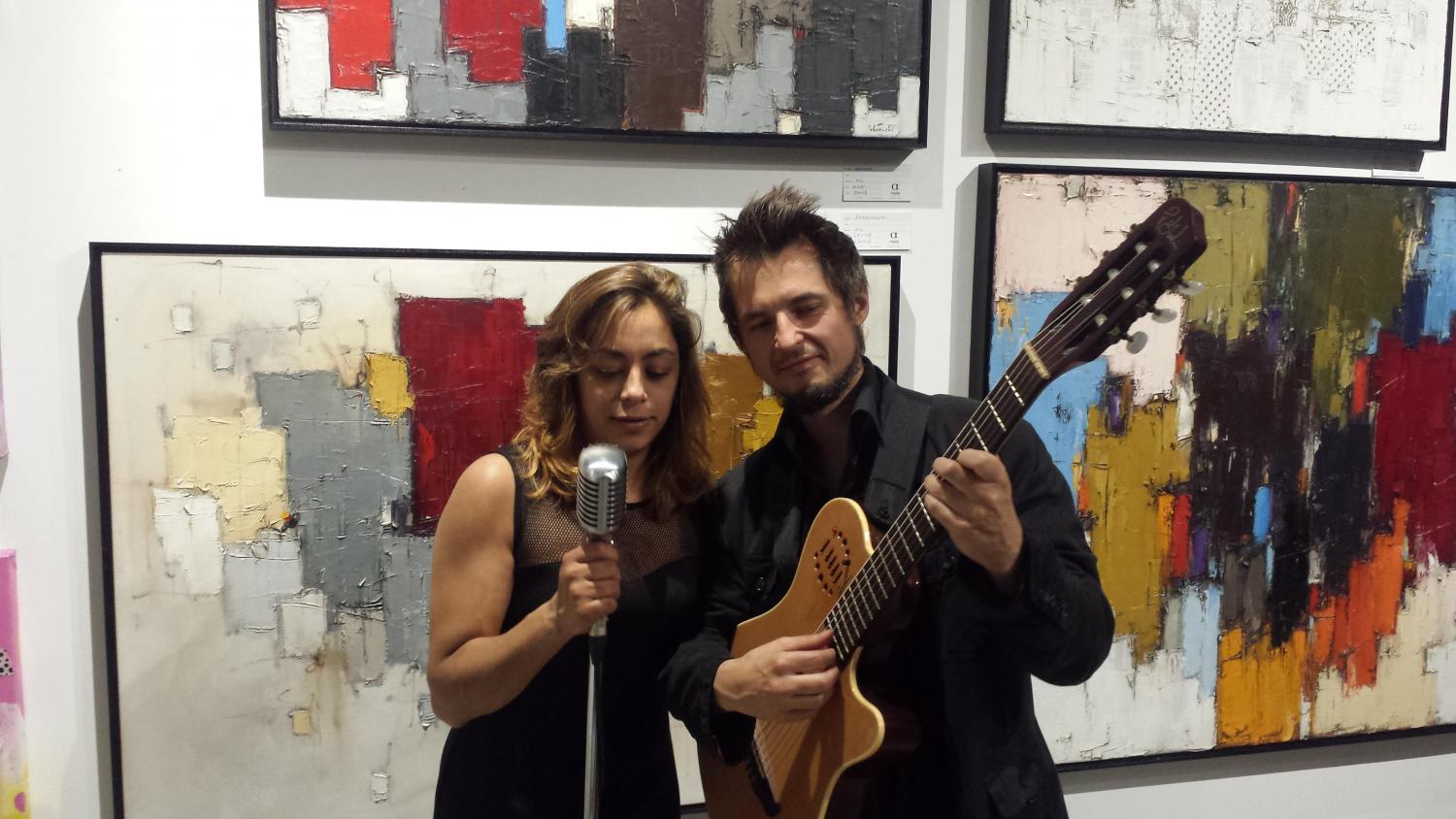
Dylan Perkons Escapes to Heal
While we might expect something rather stripped-down for a singer-songwriter debut, Dylan Perkons manages anything but with The Healing Day. With members of The Luyas, Wooden Sky, L Con and more supporting Perkons through his isolated recording, the album manages to feel welcoming while also full of a life that only exposure to the wild can bring. We caught up with Perkons ahead of his November 7, 2019 show at Pressed to chat about atmosphere, monikers and how music helps us cope.
OTTAWALIFE: I understand this was your first album under your own name, so how was that shift?
Dylan Perkons: I had been recording under different names for a few years in Montreal and Victoria. So I wanted to have one name that I could put everything under, without worrying if other members would shift. It meant I could take it in a different place if I wanted as well. The projects had enough of a rotating cast anyways so my own name made more sense. So then I connected with Jonas Bonnetta from Evening Hymns through some friends, and I'd been a fan of his work. We'd been chatting and then I finally went up to his studio for a week.
And how did you find working with Jonas as both a producer and instrumentalist?
DP: He ended up playing quite a bit on the record. It was a great experience with him, he was so integral to shaping the sound of this record. I had a lot of ideas going into it, but we largely created the arrangements on the fly. There weren't even a lot of demos going into it, which was kind of cool. We'd have coffee and decide what we were working on to build the arrangements from there. He was such an expert in the studio.
How did Michael Feuerstack, Pietro Amato and Lisa Conway get involved and what did they bring to the record?
DP: I had known Pietro from Montreal, and I was a huge fan of their work. And with this record I really wanted to work with people I was a fan of, but looking at them as creative minds, not just the instrumentation. Edwin Huizinga from The Wooden Sky was good friends with Jonas, and lent strings for three songs. They spent a whole day on arrangements for that.
What made Port William Sound Studio appealing and what did the isolation in nature aspect add something to the music?
DP: I think this was the first record I'd been properly isolated while recording. I've recorded songs in Montreal and Toronto where every day you get out of the studio and you're right back in city life. Out there in Port William there aren't neighbours, you see wildlife walking by as you track, and it makes a big difference to take a break and walk out into a landscape. It makes a difference to have zero distractions, and anything else you see is just inspiring to your music.
Looking at your first step out as a solo artist, I was curious if your orchestral sweep of arrangements was part of the plan from day one?
DP: It came pretty naturally, it was always full without pushing way too much. It was more about pushing songs in the best direction while carrying what the song was about. We spent a whole week working on bed tracks, mostly guitars. Jonas and I spent all this time listening to the record and deciding who to work with. And then the rest of the year was smaller sessions with people either around or back in Port William. It wasn't totally mapped out ahead of time, and it came together piece by piece. Sometimes I thought we might be going overboard but it added to the record in the end.
And how has it been trying to make all this work for the live setting between the guest parts and strings?
DP: It can definitely be tricky cost-wise. I used to worry more about recreating the record live, but now I like making the show different from the album. I've been stripping it down live, so it's closer to how I wrote it. There are people jumping in on a few songs. I love going to a show more if it's not exactly like the album actually.

Speaking about "Black and Blue" you look at the dissonance from looking for something in a person or place but ignoring what's actually there, so how did you want that to come out in the track?
DP: A lot of my songs start from writing out ideas and seeing what works together, so it wasn't mapped out from the start. For that one I thought about how we live very "out of the present" these days, looking to the future or living in the past too much. It makes a huge issue when you're not in that time and can't experience it. It was also looking at how knowing that everything passes can make you focus too much on that and not experience the people you're with at the time.
Looking at your title "The Healing Day," what do you feel this music does to heal you or others?
DP: For this record I tried to be more intentionally vulnerable with the lyrics, which I find is always healing to make art that vulnerable. That was the main purpose really. And once I heard the songs all together, it felt like this was a really healing experience, so it's great to hear it's striking a chord with others too.
Photo: Dylan Perkons Music













